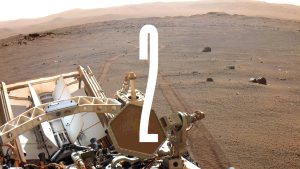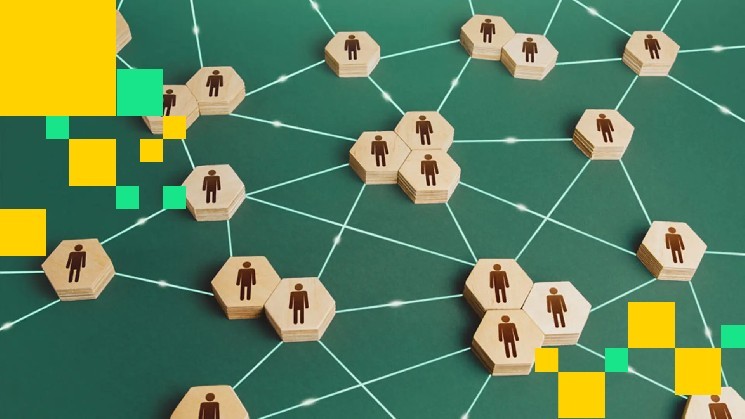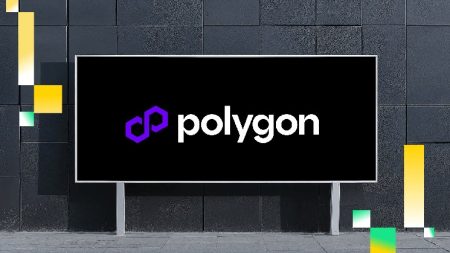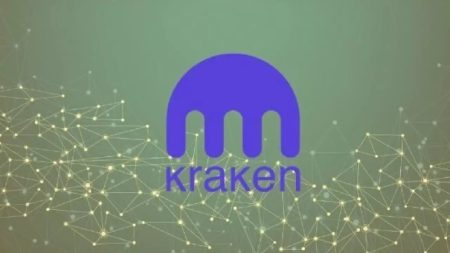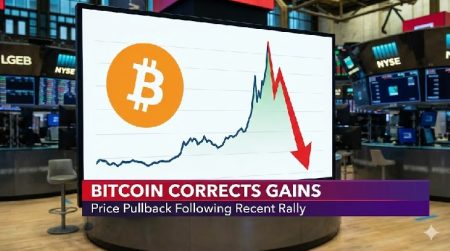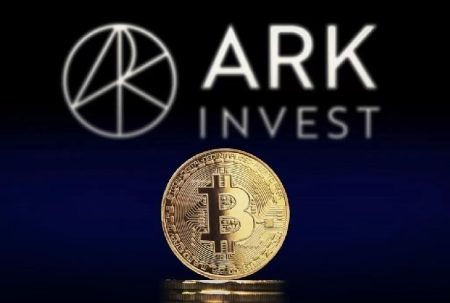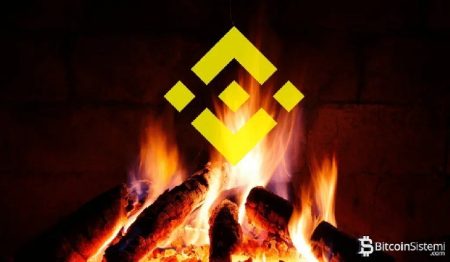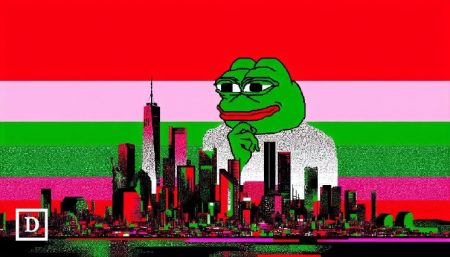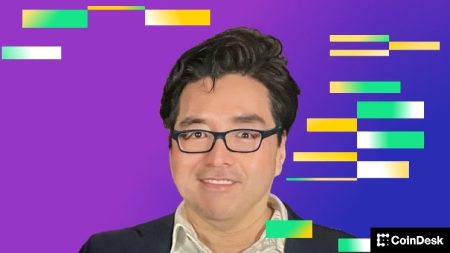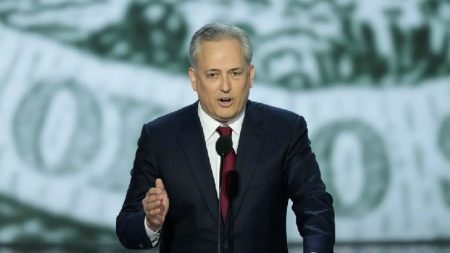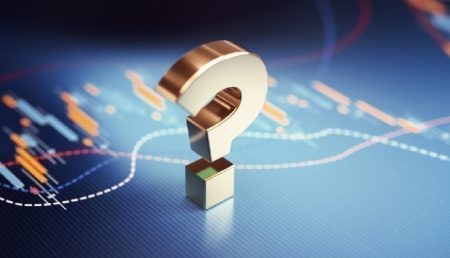Scroll DAO Pauses Governance Amid Leadership Shuffle and Strategic Redesign
In a Surprising Move, Ethereum Scaling Solution’s Governance Structure Faces Temporary Halt as Team Reevaluates Direction
In a significant development for blockchain governance, the Scroll decentralized autonomous organization (DAO) announced plans to temporarily pause its governance process following high-profile leadership departures and mounting confusion over active proposals. The news emerged during a Wednesday delegate call that left many community members questioning the future direction of the Ethereum scaling solution’s decision-making framework.
According to prominent delegate Olimpio, who shared details of the call on social media platform X, Scroll co-founder Haichen Shen explicitly stated that the team is “redesigning governance.” This revelation prompted immediate questions about the status of ongoing proposals and the overall health of the organization’s democratic processes. Scroll contributor Raza attempted to temper concerns by emphasizing that the current situation represents a “pause” rather than a permanent cessation of governance activities.
“Today: Scroll DAO governance is to be ‘paused,'” Olimpio posted on X, adding that “DAO leadership resigned, but governance proposals are still live, ongoing.” The post detailed key points from the delegate call, highlighting the apparent disconnect between leadership transitions and active governance initiatives.
Understanding DAOs and the Scroll Governance Model
To appreciate the significance of this development, it’s important to understand the fundamental structure of decentralized autonomous organizations. Unlike traditional companies with centralized management, DAOs operate according to blockchain-encoded rules rather than under the direction of a single authority figure or executive team. These rules are implemented through smart contracts—self-executing agreements with terms directly written into code—that automatically enforce the organization’s operational parameters.
Scroll’s governance model, like many DAOs, relies on token-based voting rights where SCR token holders can either participate directly in decision-making or delegate their voting power to trusted representatives. These delegates, effectively serving as proxies for token holders who may lack the time or expertise to evaluate every proposal, play a crucial role in maintaining the democratic ideals that underpin the DAO concept.
The delegation system creates a representative layer within the governance structure, allowing everyday token holders to indirectly influence organizational decisions through carefully selected delegates. Olimpio, for instance, currently ranks as the fourth most powerful delegate with approximately 176,000 SCR tokens in delegated voting power—representing a significant portion of the community’s interests.
Leadership Vacuum and Proposal Uncertainty
The current governance pause appears to have been precipitated by the unexpected resignation of a key leadership figure identified only as “Eugene” earlier this week. This departure created immediate operational challenges, with remaining Scroll team members reportedly admitting during the delegate call that they were uncertain which proposals were currently active or had previously received approval.
This leadership vacuum has created a problematic scenario where governance proposals technically remain live but their implementation path has become increasingly uncertain. Among these proposals is a treasury management measure that could significantly impact the organization’s financial direction—yet its fate now hangs in balance alongside other community-approved initiatives.
The situation highlights one of the inherent vulnerabilities in DAO structures: while decentralization offers protection against single points of failure, the practical implementation often still relies on key individuals who hold critical operational knowledge. When these figures depart without adequate knowledge transfer, the theoretical resilience of decentralized systems can be compromised by practical operational realities.
Request for Patience as Team Recalibrates
Amid the uncertainty, Scroll representatives have requested time to “put everything in order” before outlining concrete next steps for the governance restructuring. This call for patience suggests a recognition that the current situation requires careful deliberation rather than hasty decision-making that might further destabilize the ecosystem.
However, this transitional period has sparked concerns about a potential shift toward more centralized control. Several community members noted during the delegate call that the language used by team members seemed to indicate a preference for streamlining decision-making processes, potentially at the expense of the broad community participation that defines successful DAOs.
This tension between operational efficiency and decentralized governance represents one of the most significant challenges facing blockchain organizations today. As projects scale and face increasingly complex decisions, the idealistic vision of fully decentralized governance often confronts practical limitations that push organizations toward more traditional hierarchical structures—even if temporarily.
Market Reaction and Broader Implications
Despite the governance uncertainty, Scroll’s native SCR token has shown resilience in the immediate aftermath of the announcement, posting a modest 3% gain over the past 24 hours. However, this minor uptick occurs against the backdrop of a broader market rally and does little to offset the token’s significant decline from its December peak—a drop of approximately 75% that reflects both market-wide conditions and project-specific challenges.
The governance pause at Scroll represents more than just an isolated incident within a single blockchain project; it highlights the ongoing evolution of DAO governance models across the entire cryptocurrency ecosystem. As these organizations mature, they increasingly face the difficult balance between maintaining decentralized ideals and implementing effective operational structures that can respond to market developments and competitive pressures.
Looking Forward: Redesigning Governance for Sustainability
As Scroll works to redesign its governance approach, the blockchain community will be watching closely for signals about the future direction of DAO structures more broadly. The outcome of this pause could provide valuable insights for other decentralized organizations facing similar growing pains in the rapidly evolving digital asset landscape.
For Scroll specifically, the coming weeks will be critical in determining whether the organization can successfully navigate this transition while maintaining community trust. The team’s ability to honor existing proposals, clearly communicate new governance frameworks, and demonstrate commitment to decentralized principles will likely determine whether this pause represents a temporary recalibration or a more fundamental shift away from DAO ideals.
As prominent delegate Olimpio and others continue to advocate for transparency during this process, the situation serves as a reminder that even in blockchain’s trustless environments, human factors—leadership, communication, and organizational design—remain essential components of successful governance. The challenge for Scroll, as for all DAOs, lies in finding the optimal balance between decentralized community involvement and the operational efficiency needed to compete in an increasingly sophisticated blockchain ecosystem.
